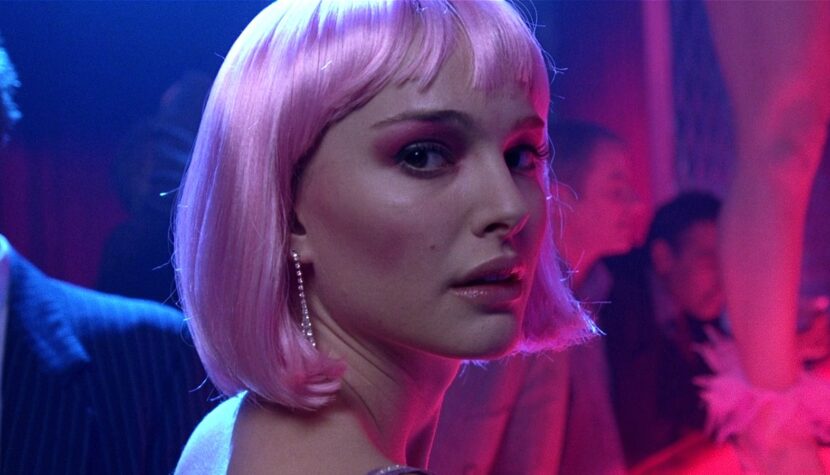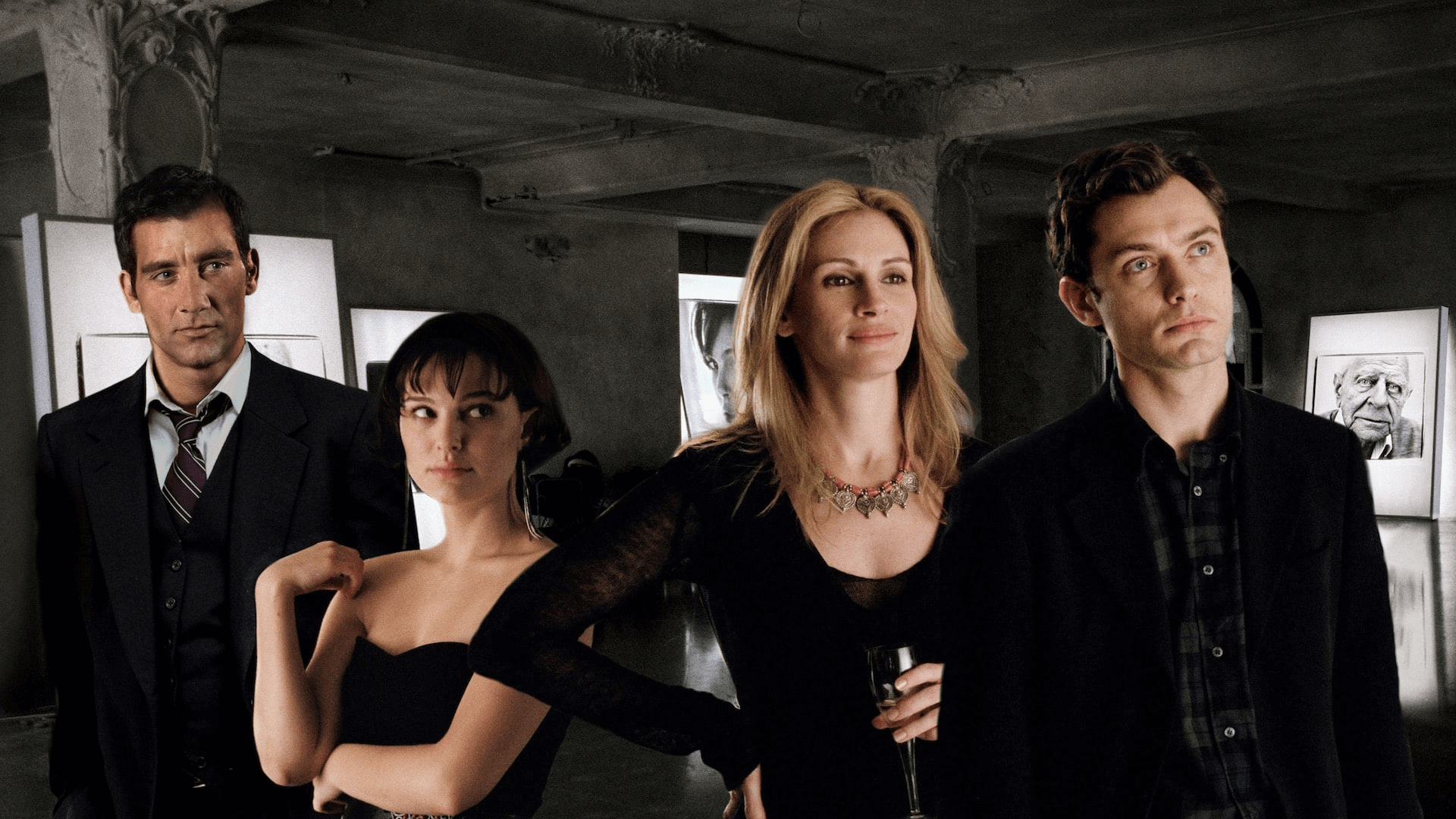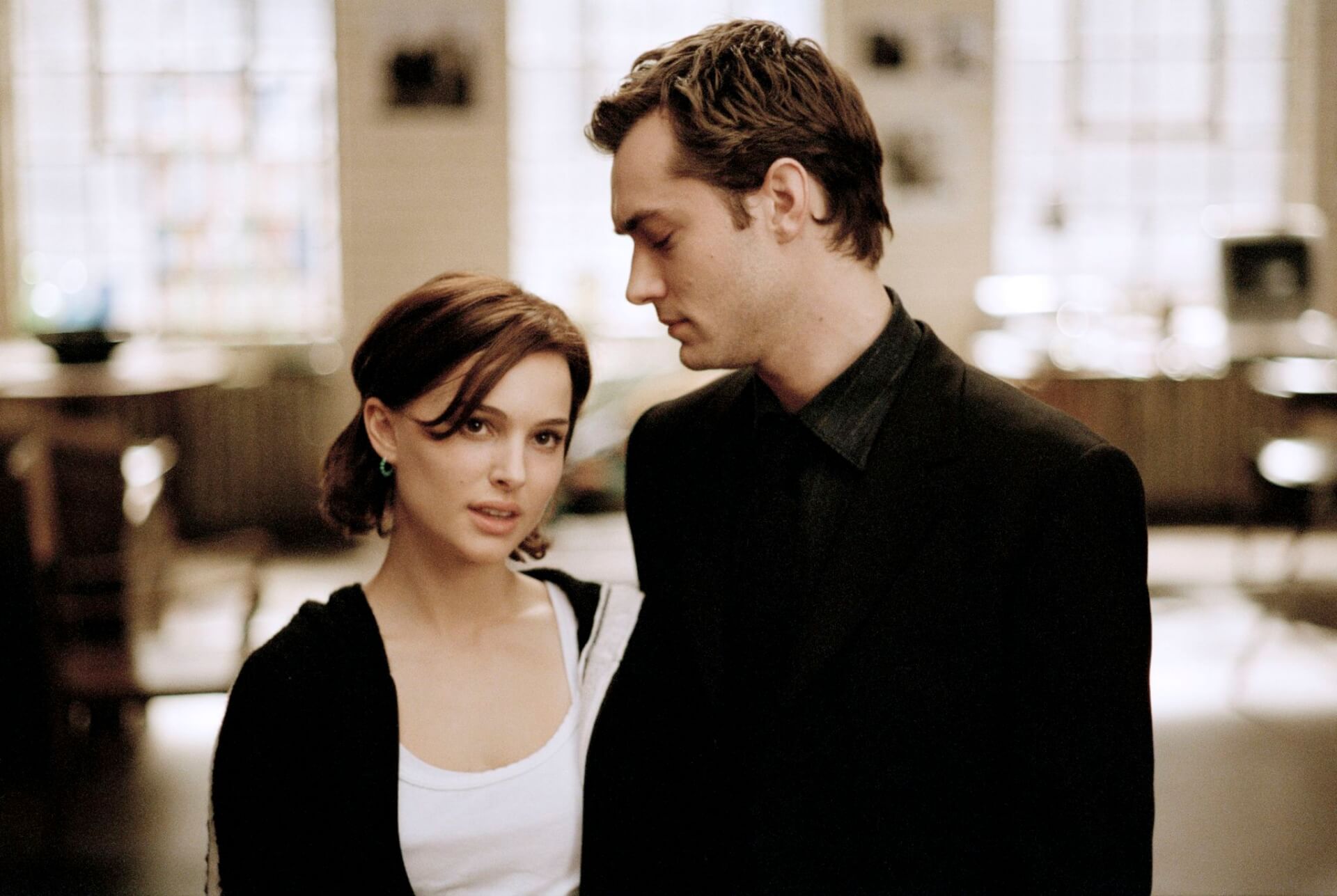CLOSER. Shakespearean tragedy

The film Closer has ended: the question arises, where does this title come from? It has become customary that the headline with which the director labels his work somehow relates to the content of the film. Determining its lineage, message, minute by minute, led (at least in my case) to the proliferation of increasingly new and more elaborate interpretations. Maybe that’s a good thing. I wish every drama a title that allows the viewer to play the philosopher or another creature in a studious way.
Closer – what does that mean? Surely, it is a state that signifies progress in achieving… a goal? And can a goal make us unhappy? Even regress us? That’s how it is in this film. The director builds this closeness visible in the intimate relationships of two pairs – modern ones. It seems to me that Mike Nichols built his film, drawing inspiration from Shakespearean tragedy.
It is revealed through such characteristic features as:
- Constructing elaborate psychological images of characters who are entangled in two types of conflicts.
- Gradual portrayal of the characters’ lives.
- Combining different aesthetic categories: tragedy and comedy.
- The universal meaning of the film: a story about superficial love, contemporary human relationships, the four characters are emotional castaways, emotional masochists unable to fulfill themselves, seeking a panacea in superficial relationships.

The action begins and ends in London. Two young people push through the crowd – an American and an Englishman. She falls under a car, and he into her arms. A romance ensues. The action takes place over several years, during which all possible permutations are achieved. One might say that the director of this film is some kind of exceptional sadist. He throws his characters into a tangle of insoluble contradictions, where they must choose between equal rationales. He tries to surprise us at every moment – with betrayals, deviations, lies. Indeed, lies become omnipresent here, a kind of absolute. All of this makes us feel like after a marathon – completed in fourth place. We are dumbfounded, tired, and disappointed. Boldly, one can say that this film is much more brutal than many a bloody horror. Rarely does it happen that, during a two-hour projection, we witness the downfall of all great values.
Now, let me introduce the main characters:
ANNA | A woman achieving professional success (she is a photographer), which, however, does not translate into happiness in her personal life (she lives in separation). Her life tragedy begins when she receives an assignment to photograph Dan. During the photoshoot, she flirts and allows this incorrigible romantic to kiss her. Soon, however, she gets married – yet, she continues to love and have an affair with Dan. She acts somewhat illogically and circuitously. The only character over whom one wants to lean and offer a helping hand. She represents the older generation of women. Julia Roberts plays correctly, but nothing more. The character she played lacked a bit of color and energy.
DAN | An unfulfilled novelist who ended up in the Siberia of writing – obituaries. Emotionally unstable, changeable, wanting everything, which is to say, nothing. He can be described as a ‘seeker of truth.’ However, it seems that what he hears from his lover at the very end of the film will not make him happy – sometimes it’s just better not to know. Jude Law played well. The actor is excellent at using facial expressions. Some of his smiles and glances are disarming.
ALICE | When Alice meets Dan, it turns out that she has just flown in from New York, and her only possession is what she is wearing. Soon, she becomes his muse. The most difficult character to interpret. Despite everything (here words addressed to the gentlemen), beware of such women – with them, you never know anything. Personally, the character seems unbalanced, dangerous, and calculating to me. The archetype of her behavior fits more to a male scoundrel than a woman. The best and most interesting role went to Natalie Portman. She was honored with a well-deserved Golden Globe for Best Supporting Actress.
LARRY | A dermatologist. Vulgar, perverted, seeking sexual experiences even at work, for example, in a chat (it is one of the more interesting and funnier scenes in the film). Interestingly, in the theatrical play (because it should be noted that Closer was filmed based on it), Clive Owen played the role of Dan. Perhaps that’s why he played the best of the four and received a fully deserved award, the Golden Globe for Best Supporting Actor.

In summary, Closer is a considerable challenge for every reviewer. Undoubtedly, it belongs to difficult films. At times heavy and overwhelming. Even the ending is irritating, strange because one cannot unequivocally say whether it is good or bad. Moreover, throughout the film, the director cruelly amuses us, constantly making us reevaluate our opinions about the characters. If someone has masochistic tendencies or goes to the cinema just to ruin their mood – during this screening, they will feel like a fish in water. All others may feel like after a meal eaten too quickly – heartburn, indigestion, stomachache. I belong to the second group of viewers. This does not mean that I did not like the film and that it is bad. The question is just, why watch for almost two hours how people can complicate and destroy their lives? Sometimes it’s just better not to see and not to know…

